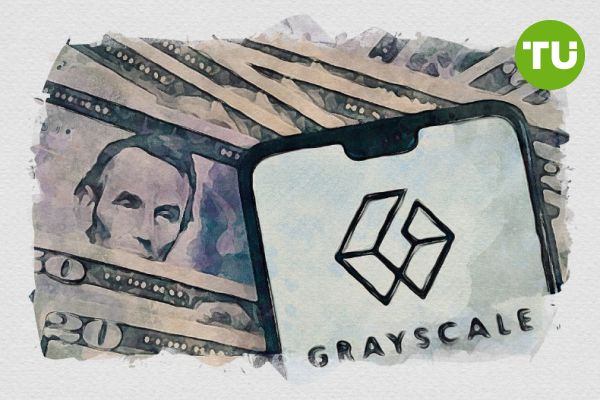Grayscale expands investment suite with LDO and OP trusts
 Grayscale
Grayscale
Grayscale Investments, the world’s largest crypto fund manager, has announced the launch of two new investment trusts focused on Lido DAO (LDO) and Optimism (OP) tokens.
The move aims to offer investors targeted exposure to key protocols driving Ethereum’s staking and scalability.
The Grayscale Lido DAO Trust and Grayscale Optimism Trust are designed to give qualified investors access to Ethereum’s largest liquid staking protocol and one of its most prominent layer-2 scaling solutions.
The new trusts add to Grayscale’s growing portfolio of single-asset investment products, which already includes trusts for Aave (AAVE), Bitcoin (BTC), and Ethereum (ETH).
Driving DeFi Growth Through Staking and Scalability
Lido DAO, which allows users to stake Ethereum while maintaining liquidity via tradable staked tokens, is currently the largest decentralized finance (DeFi) protocol with nearly $40 billion in total value locked (TVL), according to DefiLlama.
Optimism, a layer-2 scaling network, supports faster and cheaper Ethereum transactions. It also powers other layer-2 solutions, such as Coinbase’s Base and Uniswap’s Unichain, forming what Optimism calls a "superchain."
“Lido is helping democratize staking on Ethereum, and Optimism is critical in allowing Ethereum to scale,” said Rayhaneh Sharif-Askary, Grayscale’s head of product and research.
The launch of these trusts reflects Grayscale’s ongoing strategy to capitalize on growing interest in DeFi and Ethereum’s evolution. With nearly $35 billion in assets under management, Grayscale continues to lead the market for crypto investment products, including its flagship
Bitcoin (GBTC) and Ethereum (ETHE) trusts.
These new trusts are available only to qualified investors and come as U.S. regulators consider Grayscale's proposal to convert its Digital Large Cap Fund (GDLC) into an exchange-traded fund (ETF).
Grayscale Investments has completed reverse share splits for its Bitcoin Mini Trust ETF and Ethereum Mini Trust ETF on Nov. 19, 2024. The move aims to improve cost efficiency and align with investor preferences.













































































































































